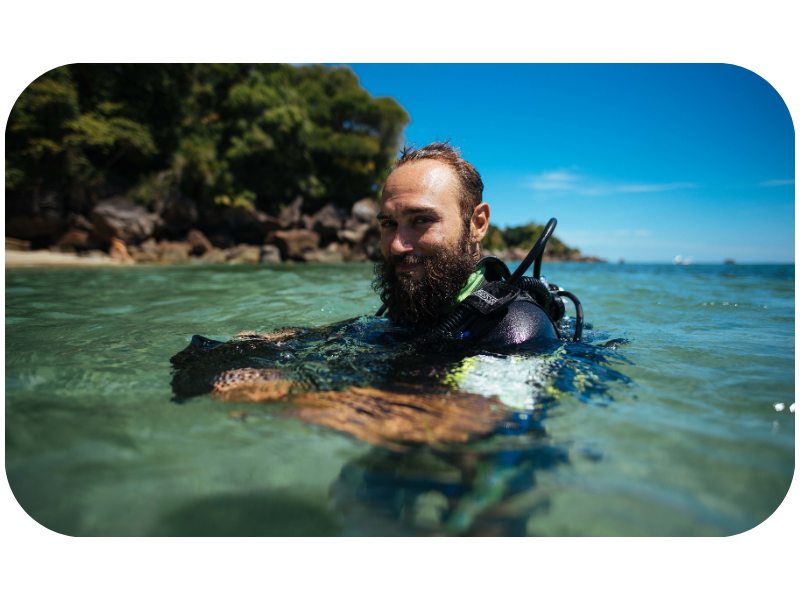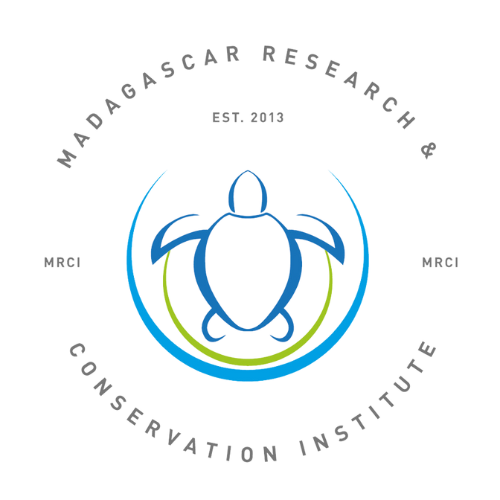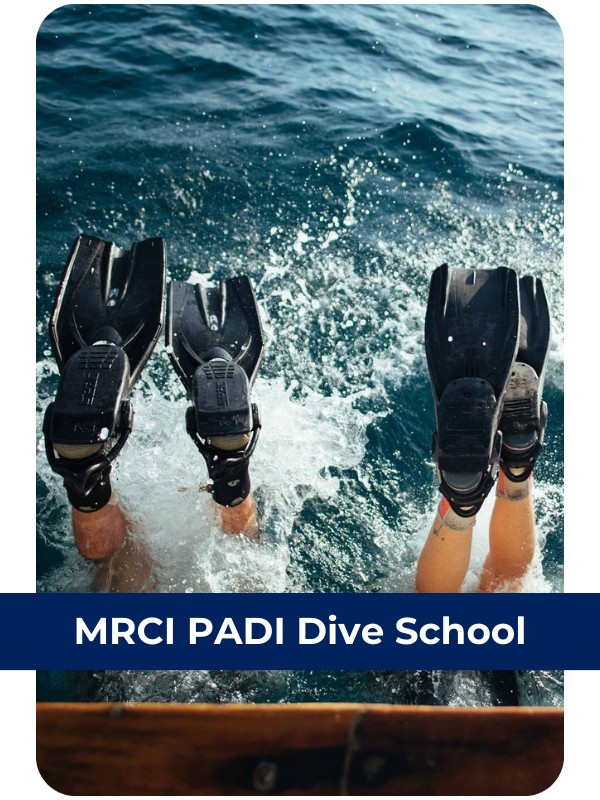Marine Conservation Program
Protect the marine ecosystem in Madagascar.
Volunteers collaborate with various oceanographic organizations to collect invaluable raw data through a range of initiatives, which include:
Nudibranch Research
By conducting underwater surveys using scuba diving equipment, we contribute data to assess the species density and biodiversity of nudibranchs in the area, along with their associated substrates.
Turtle Monitoring
Identification: Our Turtle Identification & Monitoring Project aims to create an estimated inventory of turtles inhabiting the reef around Nosy Komba. Identifying individuals within a population is the initial step in studying a species ecologically.
Census: Through snorkel surveys and visual monitoring, we conduct an annual population census to determine the frequency and population strength of various turtle species that visit the area.
Nesting: During the nesting season, we monitor females laying eggs and hatchlings heading for the sea, with the goal of tracking breeding and safeguarding nests from disturbances.
Reef Surveying
We monitor the biodiversity, health, and growth of the reef system surrounding Nosy Komba by conducting fish, invertebrate, and coral surveys using scuba diving equipment.
Beach Clean Ups
Regular beach cleanups play a crucial role in saving marine animals from being entangled in or consuming marine litter. These cleanups also remove synthetic and harmful materials from the ecosystem. The collected data contributes to an international research project conducted by the University of Cape Town, which monitors ocean waste across the Indian Ocean.
Community Engagement
We actively engage with the local community to provide education on environmental issues, conservation, and the protection of biodiversity and marine resources, such as food sources.
Artificial Reef
We work on reef regeneration by propagating corals and removing litter from our artificial reef structures. This effort aims to enhance the size and health of the coral reef in the area, creating more habitat space for reef fish.
Marine Protected Area
Turtle Towers, the house reef at Turtle Cove, was declared a marine protected area in November 2016. Volunteers are dedicated to monitoring the impact of this protection on marine life and educating local fishermen about the importance of preserving this area.
Volunteers receive comprehensive training to prepare for research-based activities at sea. This includes identification training for marine wildlife, including turtles, fish, corals, and invertebrates. Volunteers are also instructed in the methodology of coral baseline surveying, a fundamental skill in marine conservation used to monitor the state of coral reefs.
To participate in the Marine Conservation project, volunteers must hold both Open Water Dive Certification and Advanced Open Water Dive Certification for surveying. If you require dive training, PADI diving courses can be completed at our MRCI Diving School in Madagascar. Please note that this project requires a minimum commitment of 4 weeks to ensure adequate time for dive and marine research training.
MRCI is now an official Conservation Diver Certification Center. Volunteers are obliged to complete the Ecological Monitoring Program course, with the theory portion accessible online through e-learning before arrival and the practical segment completed in Madagascar. Upon completion, volunteers will receive a Conservation Diver Certification for the course, and the cost of this mandatory training is included in the program fees.
All marine conservation volunteers are required to bring the following items to Madagascar, as these are not available for purchase on the island of Nosy Komba:
- PADI e-learning materials for the relevant course(s)
- Snorkel and mask (with tempered glass)
- Fins (open-heel with booties are more comfortable for frequent use)
- Wetsuit (long or short, 3mm minimum)
- Surface marker buoy (DSMB)
- Reel (a small finger reel will be adequate)
- Waterproof watch
- Dive compass
- Logbook
Visit our MRCI PADI Diving School page for more information on our PADI diving courses. To purchase PADI e-learning material, please click here.
Program Costs
Start Dates:
All Year Round / Every first & third Monday of the month
- 4 weeks - $2,250.00
- 5 Weeks - $2,625.00
- 6 Weeks - $3,000.00
- 7 Weeks - $3,375.00
- 8 Weeks - $3,750.00
- 9 Weeks - $4,125.00
- 10 Weeks - $4,500.00
- 11 Weeks - $4,875.00
- 12 Weeks - $5,250.00
Apply Today
Ready to embark on your volunteer journey? Join us at MRCI, where together, we can discover, conserve, and transform Madagascar for the better.
Contact us today to learn more and take your first step toward making a lasting impact.




